How to Choose the Best Crypto API for Your Project Needs

Building crypto-powered apps, analytical dashboards, or AI trading bots? The backbone of your solution is the API you choose. With dozens of crypto APIs—each promising deep data, speed, and reliability—it’s challenging to determine which is truly best for your development goals. This guide breaks down what to look for in a crypto API, compares leading providers, and offers insights for startups, researchers, and enterprises alike.
What Is a Crypto API? Key Fundamentals
At its core, a crypto API (Application Programming Interface) allows apps, platforms, or AI agents to fetch and interact with real-time or historical blockchain and cryptocurrency data. APIs are the bridge between raw blockchain data and accessible, actionable information such as:
- Live and historical prices for Bitcoin, Ethereum, and thousands of tokens
- Trading volumes, liquidity, and order book depth
- Wallet addresses, balances, and transaction histories
- On-chain analytics (e.g., token flows, wallet behavior)
- Market signals and sentiment indicators
Some crypto APIs specialize in data aggregation from exchanges, others in blockchain indexing, and some combine both along with AI-driven insights. Understanding your use case—be it price feeds, portfolio management, compliance, or research—is the first step towards choosing the best fit.
How to Evaluate Crypto APIs: Key Criteria
Not all crypto APIs are created equal. Before integrating one into your stack, consider these critical factors:
- Data Coverage: Does the API cover all required assets (spot, derivatives, DeFi tokens, NFTs)? Is the data sourced from top exchanges and direct blockchain nodes?
- Real-Time Speed: For trading or risk management, sub-second data delivery is essential. Check latency and WebSocket support.
- Historical Depth: Does it offer deep historical price, trade, and on-chain datasets for backtesting or research?
- Reliability & Uptime: Review the provider’s SLA, downtime history, and incident transparency.
- Scalability & Rate Limits: Is there throttling for large requests? Do paid tiers allow programmatic access at enterprise scale?
- Developer Experience: Look for clear docs, SDKs, sample code, and active support channels.
- Compliance: Especially for wallets and analytics platforms, look for APIs with robust KYC/AML integrations and compliance monitoring.
- Pricing & Free Tier: Is there a free plan? Are paid tiers transparent and cost-effective as you scale?
Comparing Leading Crypto APIs: Features and Use Cases
Several platforms dominate the crypto API landscape, each with specific strengths. Below is an overview of top contenders, their focus areas, and ideal users:
- Token Metrics API: Combines real-time prices, advanced trading signals, portfolio analytics, and on-chain intelligence. Applications include AI trading bots, investment dashboards, and research automation platforms.
- CoinGecko & CoinMarketCap APIs: Widely used for price tracking and market cap data with broad asset coverage. Ideal for charts, tickers, and casual portfolio apps.
- CryptoCompare API: Deep market data aggregation, including historical tick-level trades; popular in financial research and analytics.
- Glassnode API: Specialized in on-chain metrics, network activity, wallet behavior, and blockchain health indicators—best for advanced research platforms.
- Alchemy & Infura: Focused on blockchain node APIs for Ethereum and major chains, catering to dApp, DeFi, and NFT builders needing raw blockchain data instead of market metrics.
Choosing among these providers often depends on your feature needs. For example, if AI or automated decision-making is a focus, APIs that blend price data with AI-powered analytics (like Token Metrics) can deliver an edge in user experience and automation.
Crypto API Use Cases: From AI Agents to Market Analytics
The best crypto API isn’t about “most data”—it’s about empowering your application’s mission. Consider these scenarios:
- AI Trading Bots: Need ultra-fast, reliable price feeds and actionable trading signals. Advanced APIs may offer predictive models or backtesting endpoints.
- DeFi Dashboards: Require smooth aggregation of tokens, protocols, and wallet stats across chains for users to see full portfolio health.
- On-Chain Analytics Platforms: Benefit from direct blockchain indexing, whale monitoring, and network health metrics.
- Compliance & Forensics: Must access KYC data integrations, transaction tracing, and suspicious activity monitoring.
- Mobile Apps or Widgets: Favor easy integration, robust documentation, and manageable rate limits for smooth UX.
Emerging AI-powered APIs, exemplified by providers like Token Metrics, now also deliver sentiment analysis, predictive signals, and on-chain behavior analytics useful for both retail and institutional developers.
Selecting and Implementing Your Ideal Crypto API: Best Practices
Narrowing your options comes down to testing—and future-proofing your build:
- Test Multiple APIs: Use free keys to compare performance, latency, and error rates in your environment.
- Plan for Scale: Consider how the API provider’s pricing, rate limits, and support will adapt as your user base grows.
- Prioritize Security: Evaluate authentication, encryption, and documentation for secure API usage.
- Monitor Continuously: Even reliable APIs can experience downtime. Use monitoring tools and set up alerts for performance issues.
- Explore AI Enhancements: Where possible, integrate APIs with embedded AI or analytics for a smarter, more adaptive user experience.
Ultimately, the “best” crypto API aligns not only with your current requirements but also provides extensibility for tomorrow’s market innovations and compliance standards.
Build Smarter Crypto Apps & AI Agents with Token Metrics
Token Metrics provides real-time prices, trading signals, and on-chain insights all from one powerful API. Grab a Free API Key
Frequently Asked Questions About the Best Crypto APIs
What types of data can I access with a crypto API?
Crypto APIs offer a range of data, including real-time prices, historical charts, trading volumes, blockchain transactions, wallet activity, and often on-chain or sentiment analytics. Some also provide trading signals, DeFi protocol data, or NFT analytics based on their focus.
Are crypto APIs safe to use in production apps?
Reputable API providers use encrypted connections and secure authentication. However, it's essential to follow best practices, such as keeping keys private, monitoring usage, and using robust error handling to ensure security and uptime.
Can I get a free crypto API key for development?
Most leading providers (including Token Metrics, CoinGecko, and CoinMarketCap) offer free API tiers ideal for prototyping or hobby projects, though limits may apply to request rates or data depth. Always review free versus paid feature lists before scaling.
Which crypto API is best for AI trading bots?
APIs that deliver both low-latency price feeds and AI-powered signals—like the Token Metrics API—can enhance the performance and intelligence of AI trading bots. Choose based on the depth of data and analytics you require.
How do I switch between crypto APIs if my needs change?
Abstracting API integration in your codebase (using middleware or SDKs) makes it easier to swap providers if needed. Always review new documentation for compatibility, endpoints, and rate limits when transitioning.
Disclaimer
This article is for informational and educational purposes only. It does not constitute investment advice or an endorsement of any provider or service. Always conduct independent technical and compliance review before integrating any third-party API.
Create Your Free Token Metrics Account

.png)




%201.svg)
%201.svg)


%201.svg)




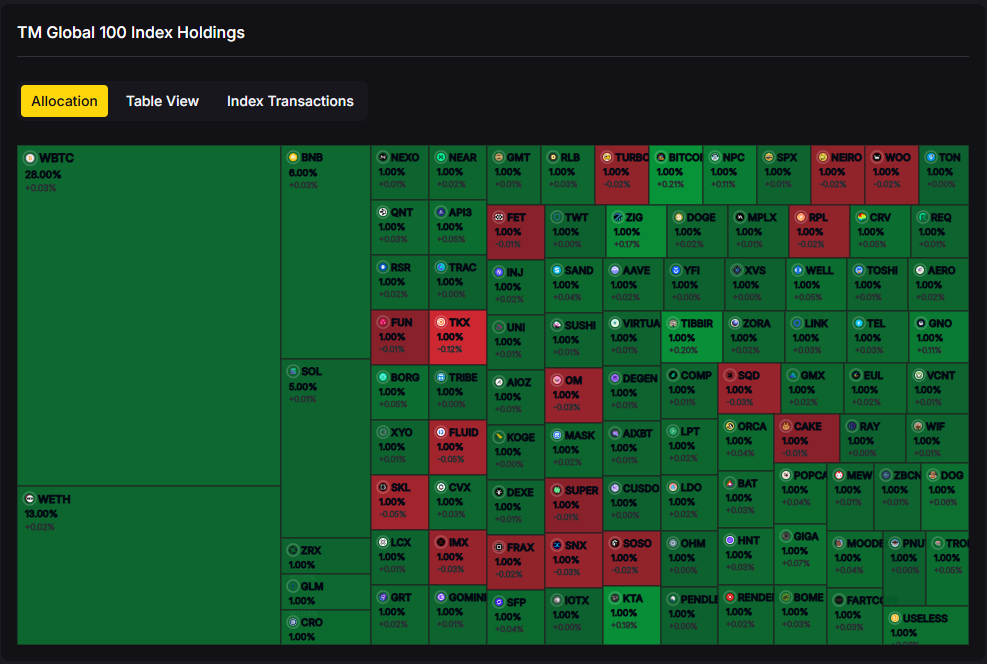
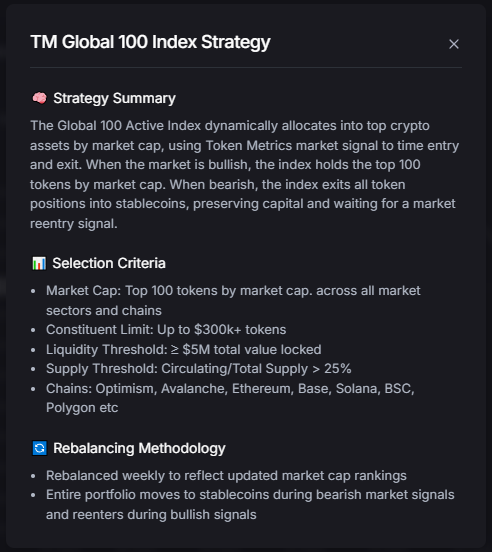
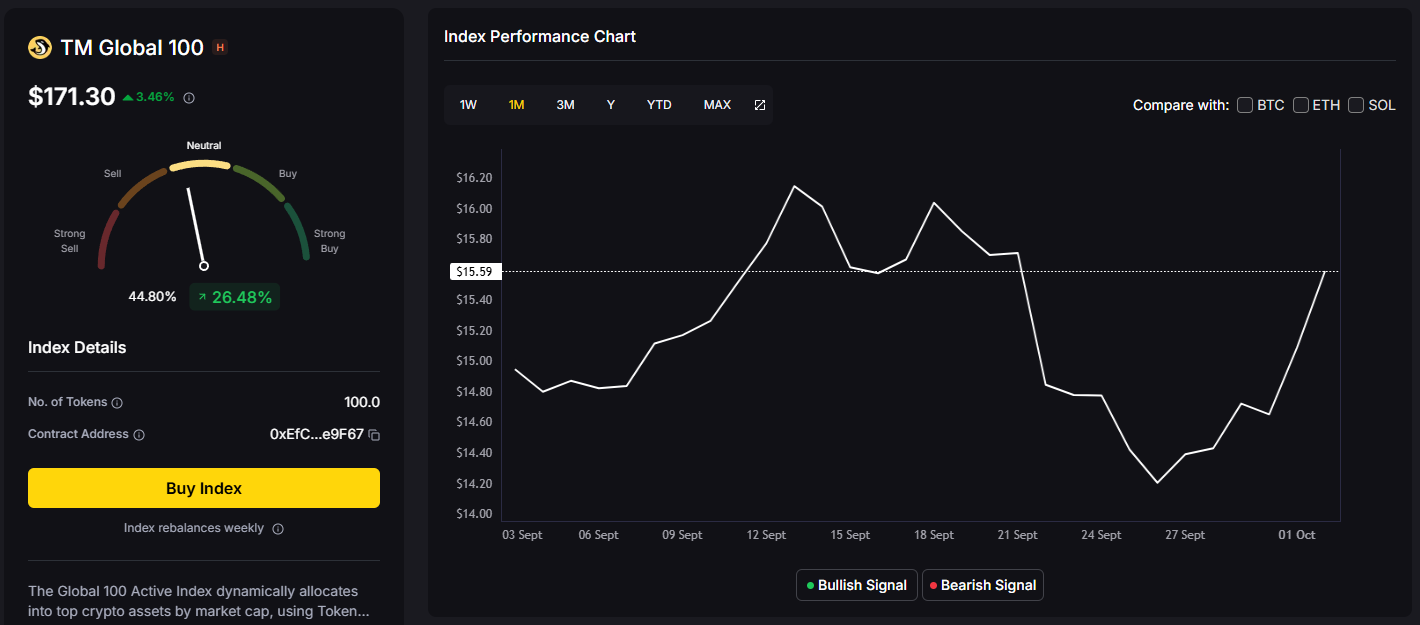
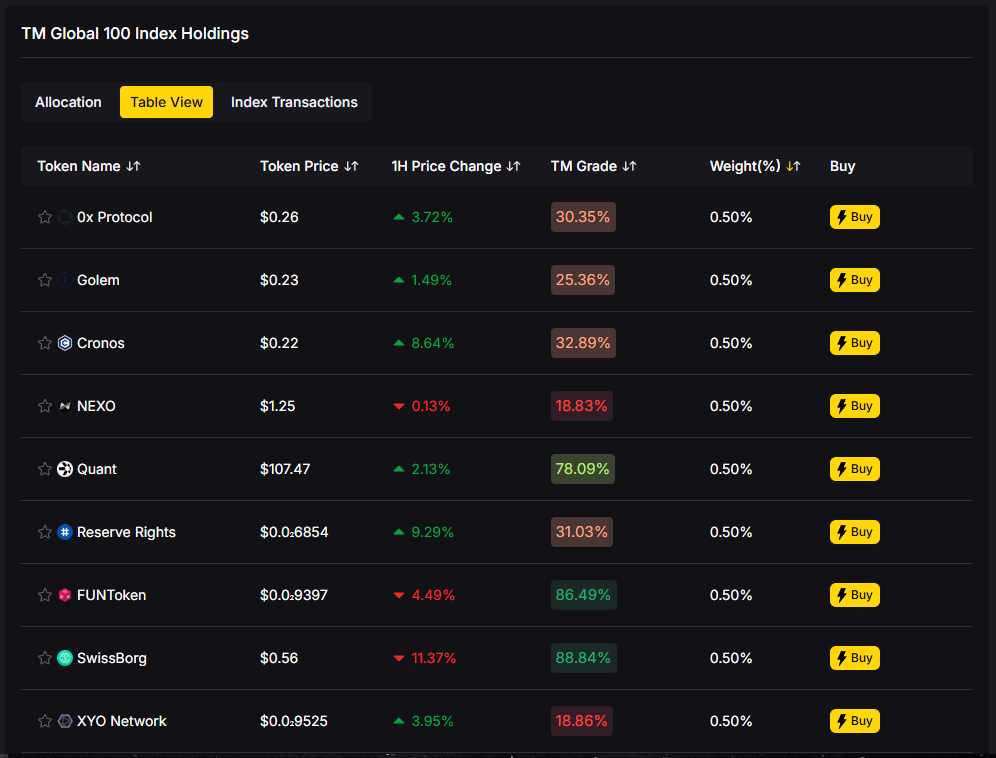
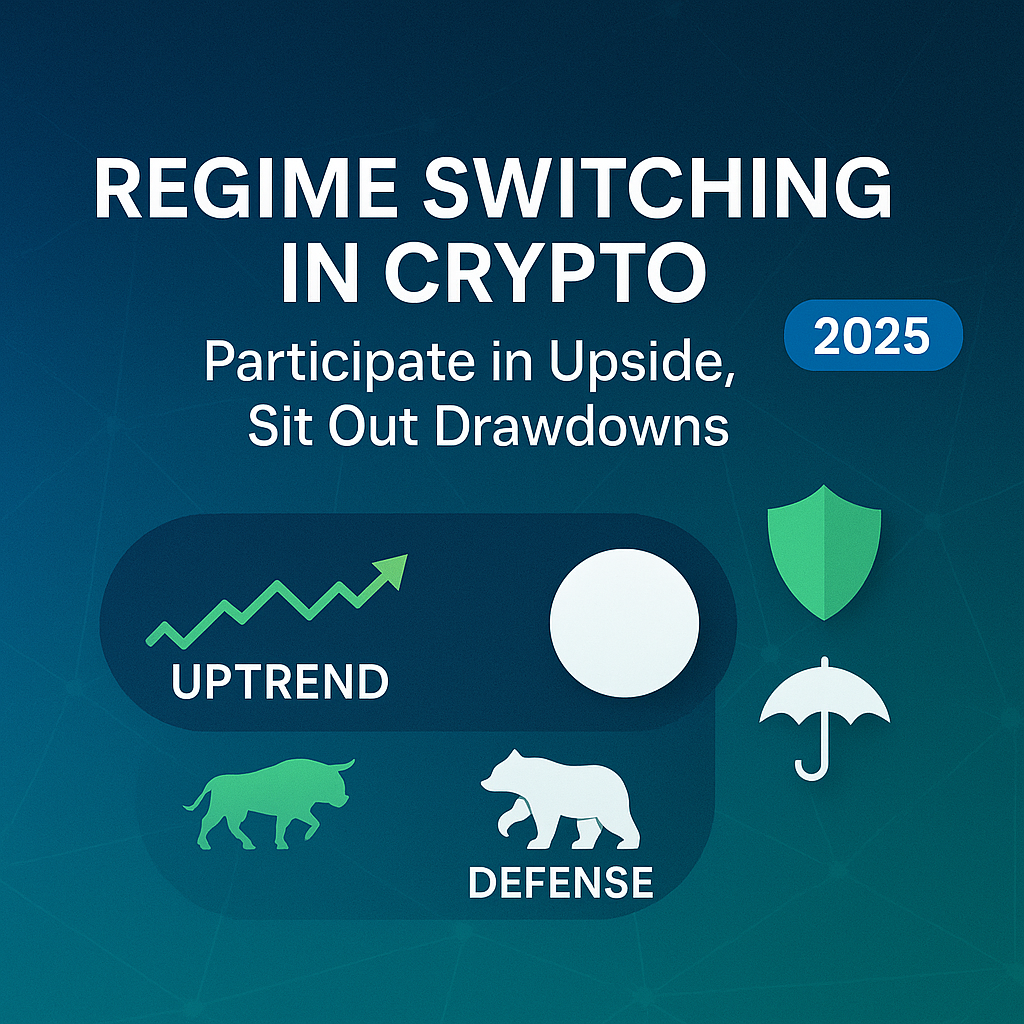
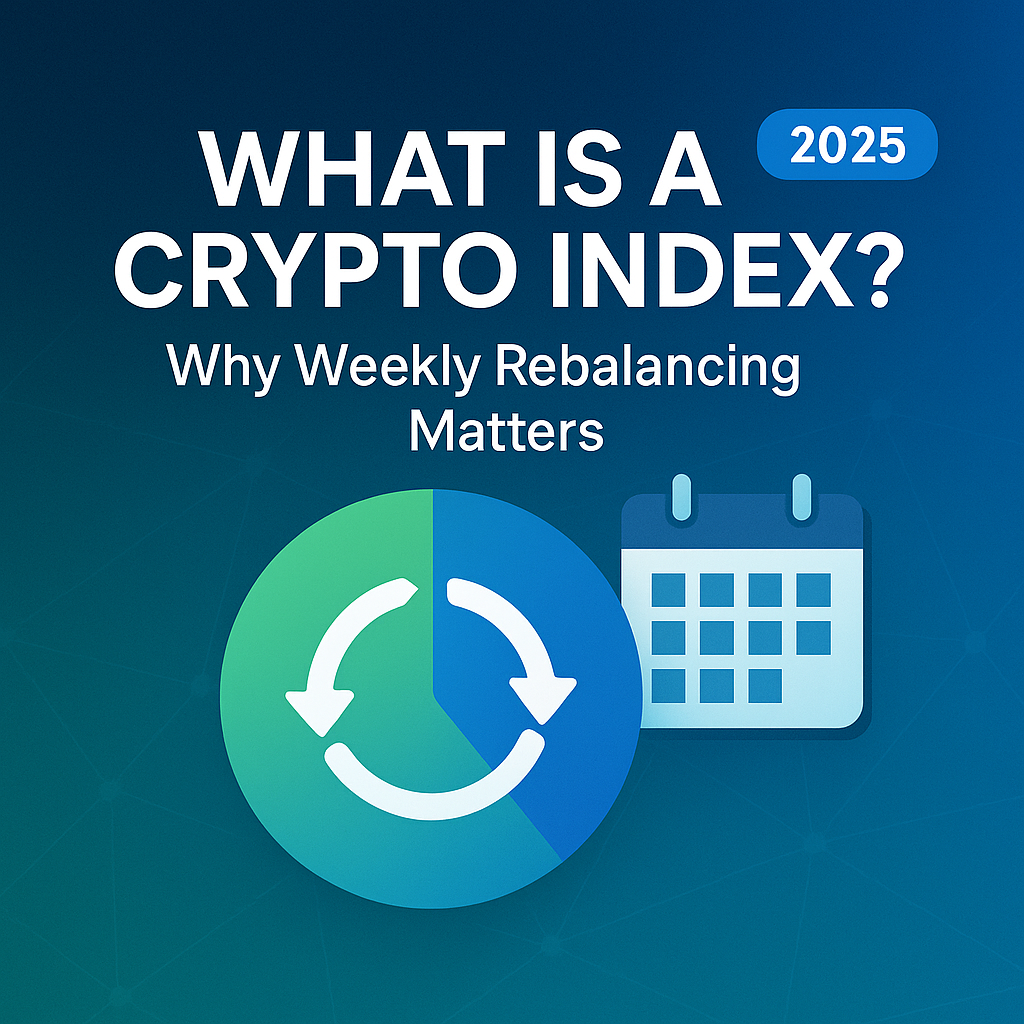




.svg)




.png)